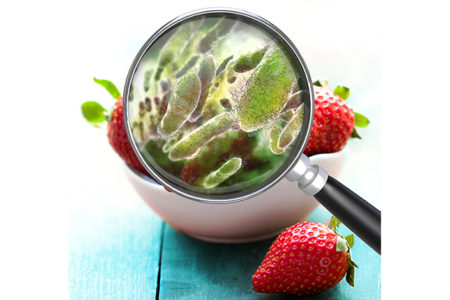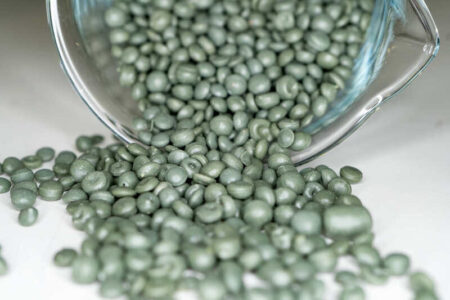EFSA updates food irradiation advice
EFSA’s scientific experts have this week updated advice on the safety of irradiation of food – a process which can be used to destroy bacteria that cause food poisoning.
Having looked at the efficacy and microbiological safety of the process, and possible risks arising from the formation of several chemical substances as a result of food irradiation, EFSA’s experts have concluded that there are no microbiological risks for the consumer linked to the use of food irradiation.
“The practice of irradiation, although effective, should be considered only as one of several processes which can reduce the presence of pathogens in food,” says an EFSA spokesman. “Irradiation should be part of an integrated food safety management programme to protect consumers, which includes good agricultural, manufacturing and hygienic practices.
Most of the substances formed in food by irradiation are also formed during other types of food processing, with levels comparable to those arising, for instance, from the heat treatment of foods.”
According to the EFSA experts, only a very limited quantity of food consumed in Europe is irradiated today.
“The only new evidence pointing to possible adverse health effects concerns some recent studies reporting neurological problems in cats fed exclusively with animal feed which had been irradiated at extremely high doses,” adds the spokesman. “These effects were found only in cats. However, neither the causes nor the mechanism which could explain the development of the neurological problems observed are clarified in these studies. Further research would be required to assess the possible relevance of these studies for human health.”



